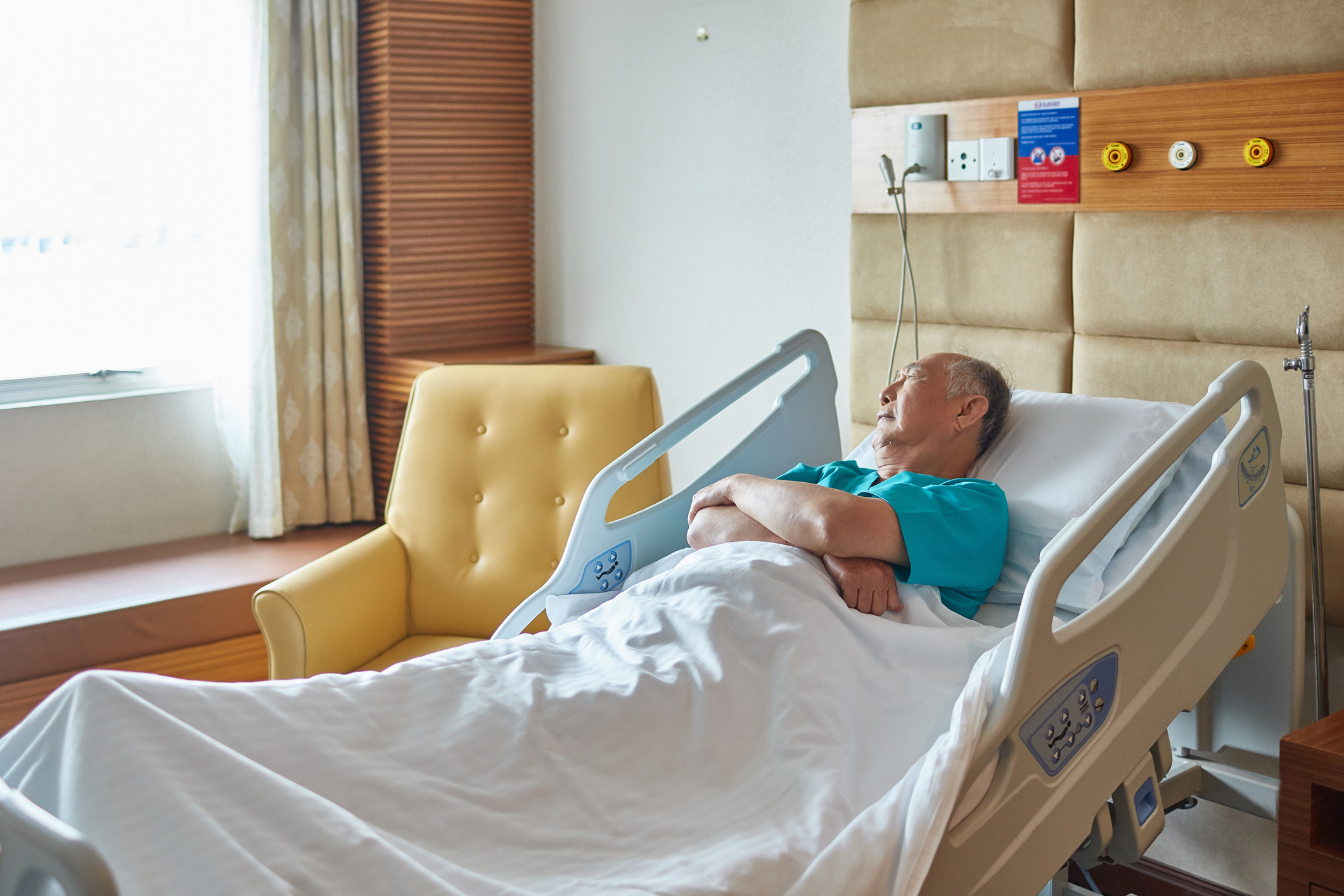
Researchers are looking to better understand hospital delirium in older adults.
A hospital stay is never something an older adult looks forward to, but at least there is the reassuring fact that the necessary care and treatment are going to be delivered to provide healing. But what occurs when the outcome is not as expected, and the older adult winds up with a new health concern? More and more often, a surprising condition is emerging: hospital delirium in older adults.
Coined “ICU psychosis” by geriatrician Sharon Inouye of Harvard Medical School, hospital delirium is both “underrecognized and underdiagnosed.” And perhaps even more concerning, in as many as 40% of the cases, the disorder is preventable in seniors. It’s thought to be a result of the bright, active atmosphere which makes sleeping difficult, or by a particular type of medication an older adult is being given, such as an anti-anxiety or a narcotic prescription.
Research studies are revealing that the longer an older adult stays in the hospital, the higher the likelihood she or he will develop hospital delirium. And the impact could be both severe and long-lasting. An astounding 8 out of 10 adult ICU patients displayed markedly lower cognitive test outcomes than usual (according to education and age predictions), in spite of the fact that only 6% had any cognitive impairment before the hospitalization. Furthermore, upwards of 2/3 of the patients showed a level of impairment that would be expected in a person with mild Alzheimer’s disease or even a TBI.
It is not possible to simply avoid hospitalizations for seniors, so what’s the most effective way to manage this growing concern? One particular solution is a program called HELP, Inouye’s Hospital Elder Life Program. It is currently offered in 200 hospitals throughout the United States and is making strides in preventing hospital delirium in older adults through visits from trained volunteers who offer assistance to help seniors stay oriented.
Inouye is also using the CAM scale (Confusion Assessment Method) in order to measure understanding of potential delirium, and is working to promote alternative ways to address anxiety – such as the comfort of a companion instead of strong anti-anxiety medications.
Abby Senior Care, a provider of award-winning senior home care in the Denver metro area, is also here to assist in a number of ways once an older adult returns home from the hospital. Our knowledgeable home care team can:
- Offer pleasant companionship
- Provide medication reminders
- Prevent falls in the home
- Pick up groceries and prepare healthy meals
- And much more
Our home care services are available to help older adults avoid the re-hospitalizations that can trigger hospital delirium. When a hospital visit is necessary, we can help older adults transition back safely and comfortably to home and keep a close eye on their condition.
Email or give us a call at 303-699-8840 for a free in-home consultation to find out more information on our senior home care services in Denver, CO and the surrounding areas, and how we can improve health outcomes for a senior you love.
